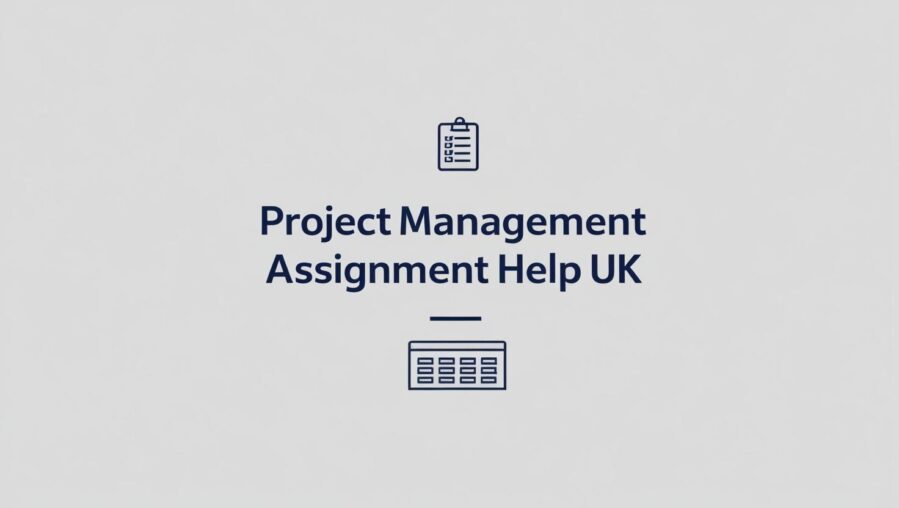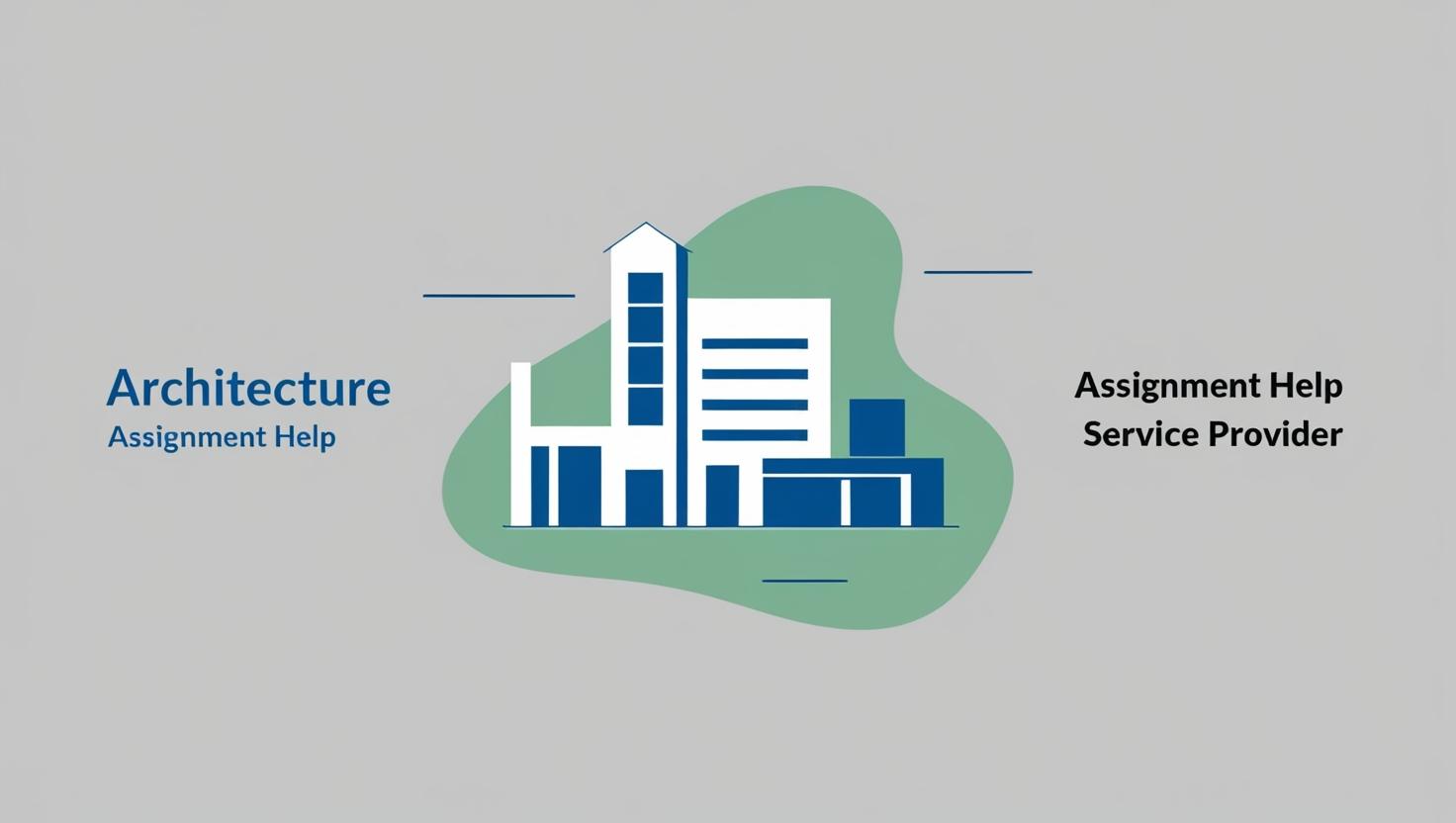Let’s get one thing straight—project management assignments can be a total pain in the neck. I mean, who hasn’t stared at a blank Word doc for hours, wondering how to turn vague instructions into something that actually makes sense? I’ve been there, trust me. Back in college, I had this one project management assignment that nearly broke me. The professor gave us some gnarly case study about a fictional construction company, and we were supposed to create this whole project plan from scratch. Like, what even is that? I didn’t know whether to start with Gantt charts or just cry in the corner.
So yeah, if you’re reading this because you’re stuck on yours, welcome to the club. Let’s talk about how to tackle these monsters without losing your sanity—or your social life.
Why Project Management Assignments Feel So Overwhelming
First off, let’s break it down. Project management isn’t exactly rocket science, but it is super detailed. You’ve got timelines, budgets, stakeholders, risks… ugh. It’s like trying to juggle flaming swords while riding a unicycle. And don’t even get me started on all those fancy terms they throw at you. Critical path method? Earned value management? Feels like someone invented them just to make us feel dumb.
But here’s the kicker: most of us aren’t naturally wired to think in project plans. We’re more used to winging it, right? Like, when was the last time you planned out every single step of making dinner? Probably never. You just kinda… do it. But in project management, you gotta spell everything out. Every little task, every resource needed, every possible hiccup. It’s exhausting.
And honestly, sometimes it feels like professors are deliberately trying to trip us up. They hand out these vague prompts, expecting us to magically transform into organizational gurus overnight. Spoiler alert: ain’t nobody got time for that.
My Epic Fail (and What I Learned)
I’ll never forget my first big fail in project management class. Our group had to come up with a project charter for a mock event planning business. Sounds simple enough, right? Wrong. Long story short, we underestimated how much work it would take, argued over who was doing what, and ended up turning in something that looked like a toddler drew it. Literally, our Gantt chart was scribbled on notebook paper because none of us could figure out Microsoft Project.
The feedback? Brutal. Our professor basically told us we’d have bankrupted the company within a week. Ouch. But hey, lesson learned. Turns out, communication and delegation are kind of important. Who knew?
That experience taught me two things: 1) teamwork can either save you or sink you, depending on how well you manage it, and 2) having access to good resources—or people who know their stuff—can make all the difference.
Which brings me to the golden question: where do you go when you’re drowning in deadlines and clueless about critical paths? Enter Project Management Assignment Help.
What Exactly Is “Project Management Assignment Help” Anyway?
Okay, so maybe you’ve heard the term floating around online or seen ads popping up during late-night study sessions. Basically, it’s exactly what it sounds like: professional assistance tailored specifically to help students crush their project management assignments. Think of it as calling in reinforcements when you’re outnumbered in battle.
Now, before you roll your eyes and say, “Isn’t that cheating?” hear me out. Not all help is created equal. Some services provide templates, examples, and guidance to point you in the right direction. Others offer full-on tutoring, walking you through concepts until you feel confident tackling the assignment yourself. And yeah, sure, there are sketchy places that’ll just sell you pre-written papers, but those aren’t worth your time—or your tuition money.
Personally, I’m a fan of using help as a learning tool rather than a shortcut. For instance, after my epic fail mentioned earlier, I reached out to an online tutor who specialized in project management. She didn’t write my next assignment for me, but she did explain how to structure it properly and gave me tips on using software tools like Trello and Asana. Game changer.
Signs You Might Need a Little Extra Help
Alright, confession time: asking for help doesn’t always come easy. Maybe you’re too proud, too embarrassed, or just hoping inspiration will strike at the last minute (spoiler: it won’t). But here are some telltale signs that it’s time to swallow your pride and reach out:
- You’ve hit a wall. If you’ve spent three hours staring at the same page and still haven’t written a word, it’s probably time to call in backup.
- Your group is falling apart. Group projects are notorious for drama. If half your team has ghosted you and the other half is arguing over font sizes, consider bringing in a neutral third party to mediate.
- The deadline is looming. Procrastination happens to the best of us. No judgment here. But if you’re running out of time and panicking, getting some expert input can help you prioritize and focus.
- You genuinely don’t understand the material. Sometimes, no matter how hard you try, certain topics just don’t click. That’s okay! Admitting you need clarification is the first step toward mastering it.
- Your stress levels are through the roof. Burnout is real, folks. If you’re losing sleep, snapping at friends, or contemplating dropping out altogether, it’s time to lighten the load.
Tips for Finding Legit Help
Not gonna lie, the internet is a wild place. There are tons of websites claiming to offer “Project Management Assignment Help,” but not all of them deliver. Here’s how to separate the wheat from the chaff:
- Check reviews. Look for testimonials from actual students who’ve used the service. Were they happy with the results? Did they meet their deadlines?
- Ask questions. Reputable providers should be transparent about what they offer. Don’t hesitate to ask about pricing, turnaround times, and qualifications of the experts.
- Avoid cookie-cutter solutions. A legit service will tailor its help to your specific needs, not just slap together a generic template.
- Test the waters. Many platforms offer free consultations or samples. Take advantage of these to see if they’re a good fit before committing.
Oh, and one more thing: beware of scams. If something seems too good to be true, it probably is. Trust your gut.
DIY Strategies for Surviving Your Assignment
Of course, not everyone wants to shell out cash for external help. Totally fair. If you’re determined to go solo, here are a few hacks to keep you sane:
- Break it down. Big tasks feel less intimidating when you chop them into smaller chunks. Instead of thinking, “I need to finish this entire project plan,” focus on completing one section at a time.
- Use visuals. Charts, diagrams, and mind maps can help you organize your thoughts and spot potential issues early on.
- Leverage tech. Tools like Slack, Zoom, and Google Docs make collaborating with teammates way easier. Plus, apps like Toggl or Clockify can help you track how much time you’re spending on different tasks.
- embarrassingly obvious tip, but yolo set reminders. Deadlines sneak up fast, especially when you’re juggling multiple classes. Use alarms, calendars, or whatever works best for you to stay on top of due dates.
- Phone a friend. Even if you don’t want formal help, bouncing ideas off someone else can spark new insights. Just make sure they’re willing to listen without judging your chaotic brain dump.
Final Thoughts: You Got This!
At the end of the day, project management assignments aren’t impossible—they’re just challenging. And honestly, isn’t that part of the fun? Okay, maybe “fun” isn’t the right word, but you catch my drift. These assignments force you to think critically, solve problems, and develop skills that’ll serve you well beyond graduation.
So whether you decide to tackle it alone, lean on classmates, or seek out professional Project Management Assignment Help, remember this: progress is progress, no matter how slow. Celebrate the small wins, learn from the setbacks, and don’t forget to breathe.




